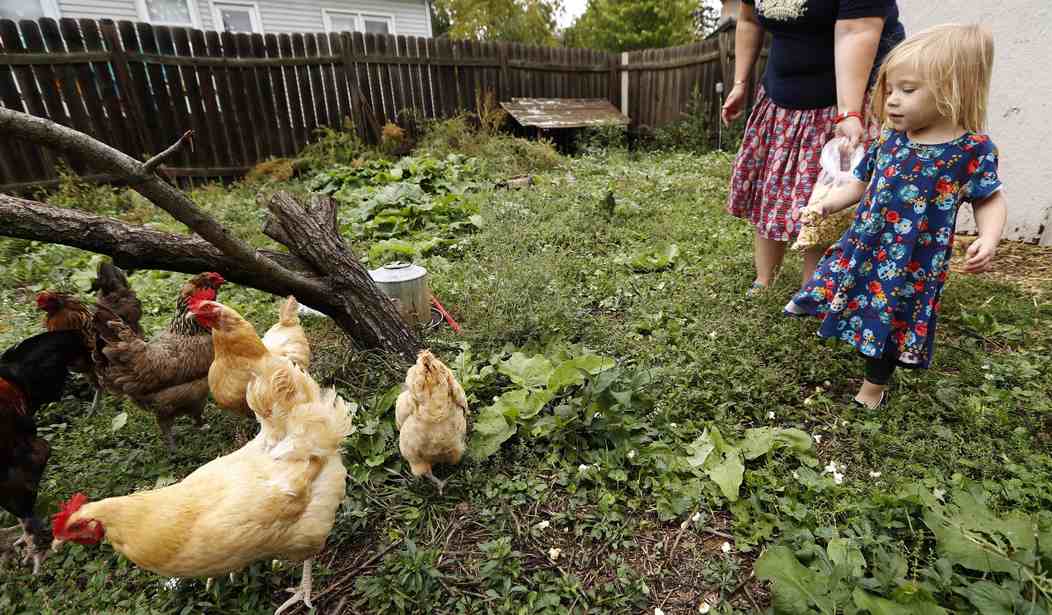The old-fashioned word “thrift” is out of vogue, but with 25% more dollars chasing the same goods, the value of our money has to decline. As costs go up, young people may have to learn to ring doorbells when they stand in front of your door or to navigate hometown streets without GPS. They won’t have the money for unlimited cell phone service.
My great grandmother would watch “her shows,” her choice of the three afternoon television soap operas. I watched her turn the on-off knob then take down the quilting apparatus in the living room/bedroom of the house my great grandfather built. By then the television tubes had warmed up so she could find her channel and adjust the volume. Since she almost never stopped working, she would sit on her bed and work the needles, thread and scissors on the current quilt to the light of the bare bulb hung by one wire in the middle of the room. My siblings and cousins still use our “baby” quilts. Some of us wash them, some dry clean them, but we all still treasure them.
My mother eventually saved enough for Pfaff German sewing machine with fancy stitch options, but she still took more time to arrange the patterns on the material than she did to sew. She might save a quarter yard of fabric for the next shirt. One of the first things my aunts and mother did on arriving in Elgin, Texas, was hand my grandmother and great grandmother their leftover fabric. We’d see our clothes in patches in designs like friendship, God’s Eye, pinwheel and double wedding ring. The names were local, colloquial, and depended upon what fabric you had, so there were stacks of square floral print or flannel strips or diamond-cut solid colors in most houses. One could salvage a few good pieces, like the material behind the pocket on a shirt, on worn clothes. The worn parts became rags for cleaning then went into the burn pile. Paper towels were unheard of and would be unwelcome. Thrift … an outdated word.
Recommended
Houses were built by family. My great grandmother’s electrical wiring was outside the walls and her daughter’s telephone wires were on top the walls – just like my house has cable computer wires around the door frames. One gets used to it. When I was about ten, my uncles and Dad took down an old barn once to get rid of the hornets and make more room for the garden and pecan trees. Our generation stacked the old wood for burning to make lye soap.
My great grandmother boiled her coffee for ten minutes in a pan. She refused to buy an aluminum coffee pot when a pan would do. My parents would ask, “isn’t it boiled enough now?” I liked the smell either way and we drank caffeine with lots of milk on birthdays. The family farm had been sold during the Depression to build the local high school where my father was football captain as a fullback. Coffee grinds fed the right plants in the vegetable garden, which everyone had, but no al dente – the green beans got boiled a lot too in the 1960s.
My grandmothers kept food waste in a cardboard milk carton on the counter for the chickens. Years later, I had chickens in the Los Angeles County subdivision where I lived. My boyfriend’s 15-year-old daughter was insulted that the eggs had been on the ground. Now my food waste goes to the compost pile. My husband complains, but I honor my grandmother. Families kept a low-flame soup on the back burner for snacks and no one thought to buy bone broth, we ate it every day. The “good food” went into that pot, including bones. My Papoo, as we called my mother’s father, would have salads and vegetables for lunch and at the last minute before dinner, he’d toss seafood in that pot for dinner. De-licious!
Thrift.
Nothing came in cardboard, most milk in a glass bottle was delivered, so my grandmother’s cardboard milk carton was a sign of wealth. She lived on her earnings from ironing for a hospital and had the back spasms to prove it. Left over money went to the church, neighbors in need, and grandchildren.
The people, the times are gone – but the faster we learn their lessons, the better we will survive Mr. Biden.

























Join the conversation as a VIP Member